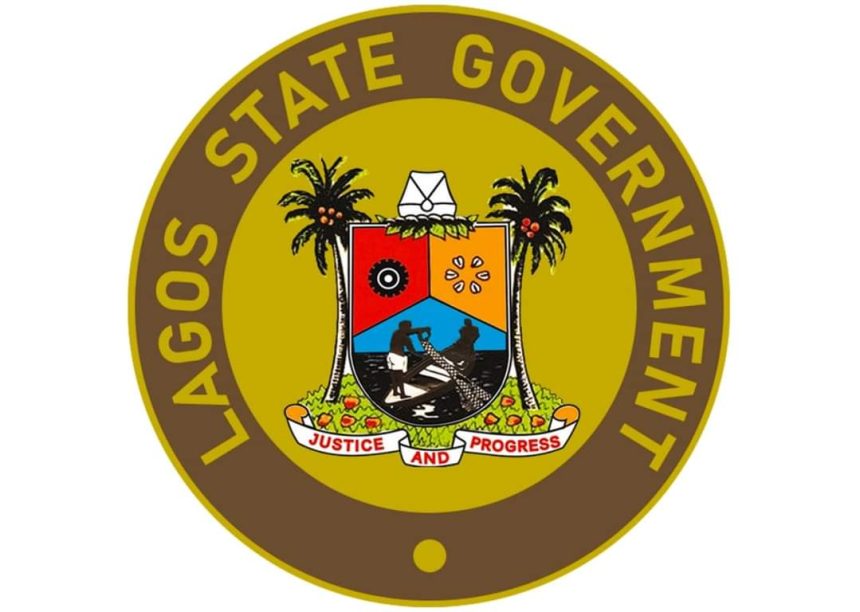In a decisive move to forestall environmental degradation and flooding in Lagos, the state government has issued a stern directive to property developers, insisting that they obtain both drainage clearance and an Environmental Impact Assessment (EIA) from the Ministry of the Environment and Water Resources before embarking on any form of land reclamation, dredging, or sand-filling activities.
Commissioner for the Environment and Water Resources, Mr. Tokunbo Wahab, emphasized that the state would no longer tolerate unauthorized reclamation and dredging operations, warning that such activities, if left unchecked, pose significant ecological and infrastructural risks.
“Drainage clearance and environmental assessments are essential safeguards,” Wahab stated. “They ensure that projects do not encroach upon drainage alignments or disrupt the natural flow of stormwater, thereby preserving the integrity of the ecosystem.”
His remarks followed an inspection tour of Periwinkle Estate, where residents had lodged multiple complaints over ongoing unauthorized dredging operations. Wahab promptly ordered the cessation of activities along Freedom Way, citing imminent threats to key drainage outlets serving Lekki Phase 1, Itedo, and Kusenla communities.
“It’s imperative to understand that the Itedo drainage system and several others discharge into this lagoon. Attempting to fill or obstruct these paths invites disastrous flooding across the entire axis,” Wahab cautioned.
Despite claims by some developers that they had secured approvals from other regulatory bodies, Wahab maintained that any such permissions are invalid without the requisite EIA and drainage clearance from the Ministry. “All developments must comply with state protocols,” he said firmly.

The commissioner also led a delegation to Oral Estate to reassess encroachments on the Ikota River corridor. The visit aimed to foster a collaborative resolution with residents to combat persistent flooding in the area.
He underscored the strategic importance of the Ikota River, describing it as the primary drainage artery that connects to the Atlantic Ocean within that corridor. “Unregulated construction has heavily encroached upon its right of way. Should a marine surge occur, the Ikota River would be our only defense for protecting the Island. Re-establishing this right of way is non-negotiable,” Wahab asserted.
He further noted that key stormwater channels Systems 156, 157, 44, 44A, and 46 all feed into the Ikota River, making its preservation vital for the region’s flood management infrastructure. Wahab reiterated that extensive parts of Lekki and the Island are reclaimed lands, inherently vulnerable to flooding, thus rendering any further obstruction of drainage pathways untenable.
To curb further encroachment, the government has now mandated the installation of sheet piles along the affected areas. This measure, Wahab explained, will reinforce the riverbanks and limit unauthorized development within the designated right of way.
He added that developers responsible for the violations would finance the installation as a form of penalty. “This is not just punitive it’s a practical step to reduce the extent of property demolitions initially slated,” he explained.
“Let me be clear: the installation of sheet piles is compulsory and final. By Monday, we expect tangible proof from the developers that work will commence. They have seven days. Failure to comply will trigger immediate enforcement actions,” Wahab warned.



